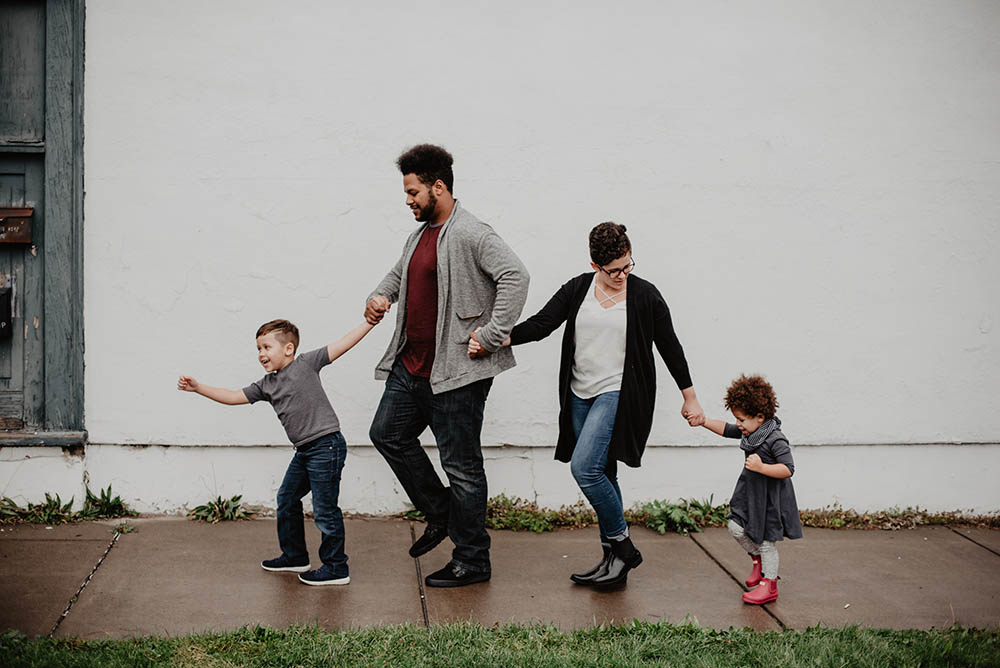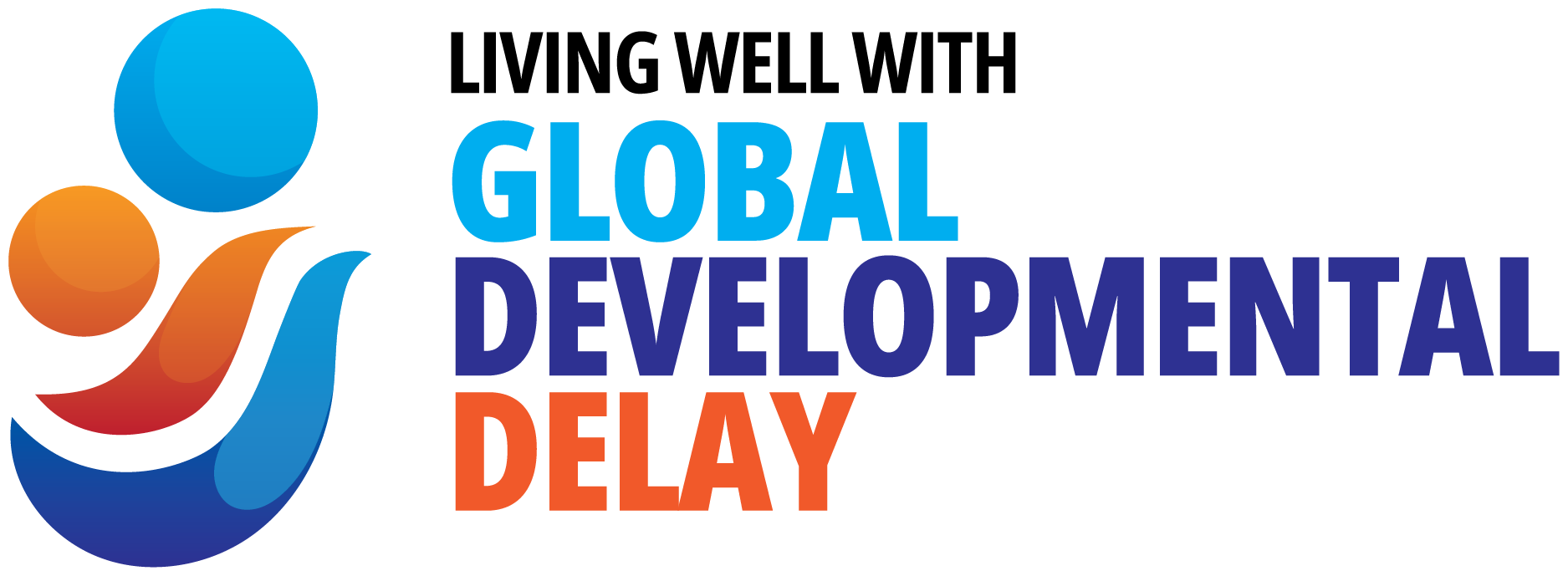- Transitions are important because they mark our moving from one stage in our life to another.
- Planning early and carefully for transistions for your child will help the transistions to be successful.
Planning for Transitions
Gather Information
Key Messages
We go through many transitions. Some stay in our memories and are celebrated in formal ways such as graduation ceremonies, others may be less formal but no less important to us such as starting a new job. Some may seem routine and, while important at the time, are quickly forgotten.
What all transitions have in common is that, to be successful, they need to be planned. And, that planning needs to be done not just by the person making the transition but those around them who are involved in the new setting or situation.
Most people remember their first day at school; the excitement of getting our school uniform, new shoes, backpack and then the reality of what going to school really means. Being scared, upset and not sure what is expected of you is common for children in their first days at school.

For that reason, most schools now offer opportunities for children to visit their school,and their classroom once their enrolment is confirmed orientation programs and stagger the number of children starting on any day so that their teachers are better able to settle them into the new experience. Many schools now also have programs where Y student and help them make the transition as smoothly as possible. Preschool teachers are also likely to have been talking about school and preparing children for the changes they can expect. And parents, of course, also talk about what school will be like and prepare their child for it.
It’s important to remember that transitions can bring with them not just a change of environment but emotional reactions. They can make us happy, sad or scared. We may even resist them. This is true for both adults and children, but adults may be better able to think through their concerns and plan how to deal with the change. That may be much harder for children and perhaps impossible for young children.
Every child and every family is different. Your feelings as you take the journey from noticing your child may have a delay, to diagnosis, and beyond may also be different from that of other parents. There is no right or wrong way to feel.
Your transitions as a parent
When you first became a parent, you went through a big transition and became responsible for the care and well-being of another person. That changed again when your child was identified as having global developmental delay and you needed to know more about what that meant for your child, yourself and your family. Your role also went through a transition from what you had been expecting as you found yourself becoming a teacher, therapist and advocate for your child.
Transitions and your child
Your child’s first transitions are likely to be their transition to day care or preschool (link to checklist and notes) and then to school (link to checklist and notes). Planning is essential and needs to start early to make sure the transition is successful. Involving those who are working with your child and you is a good first step to doing that. Start the conversation as early as you can!
